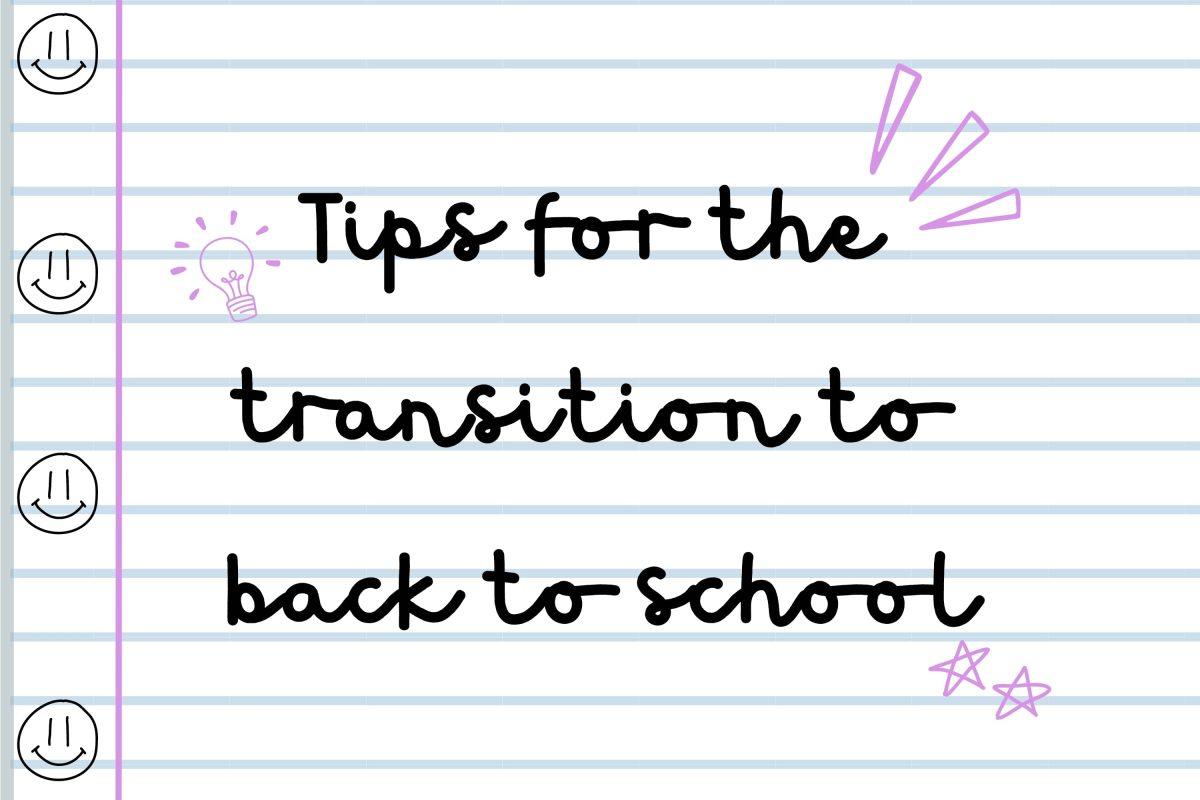After celebrating the holidays, spending time with loved ones and recharging from finals, returning to college for the spring semester can appear overwhelming. Due to their rigorous nature, many classes trigger stress and make it easier for individuals to become pessimistic about the semester ahead. As a first-year student with various obligations and priorities, this stress is familiar to me. Therefore, I will be discussing some experience-derived recommendations for navigating the new semester.
My first recommendation for the spring semester is to get involved. It may sound like a cliché piece of advice, but my involvement with various organizations has made my time at St. Joe’s significantly more enjoyable. Laughing with my peers and stimulating my mind in pressure-free ways decreases my stress levels and gives my brain healthy dopamine boosts. Many students may be unaware of clubs and activities catered to their interests, which is why I suggest they visit the Activities Fair. Here, interested students can learn about various organizations and potentially get more involved.
My second piece of advice would be to break up work. As many students know, this is easier said than done. It’s extremely easy to push off assignments, doing them all in one sitting, and most individuals have procrastinated at some point. Breaking procrastination habits seems like a formidable task, but Alice Boyes’s 2022 article from Harvard Business Review titled “How To Stop Procrastinating” offers various tips to combat this common problem. Boyes suggests that students who schedule difficult tasks at the same time each day, acknowledge their emotions and work in small increments. Other recommended strategies include identifying cognitive blocks and building productive habits.
My next tip is for students to try some new study spaces because they could find a new area that maximizes their productivity. At the beginning of the fall semester, I thought I had found an acceptable study space, but I later discovered other areas on campus that I prefer. Joyce University’s 2022 article “10 Best Study Space Tips” shares other study-space-related recommendations. These suggestions include having “good lighting,” “creating a designated distraction-free zone” and keeping “only the things [one uses] daily within reach.”
Finally, I encourage students to make time for themselves and practice healthy living. In a busy world dominated by classes and homework, it can be easy to neglect self-care and other beneficial practices. Thus, students should eat nutritious meals and establish healthy sleep schedules. Although these practices may appear unimportant, I can testify that I’m much more productive after resting and satisfying my hunger.
The transition from winter break to the spring semester seems abrupt, but that doesn’t mean it’s impossible to achieve success during this time. By becoming involved, developing superior study skills and paying attention to mental and physical health, students will hopefully find the new semester easier to handle.


















































